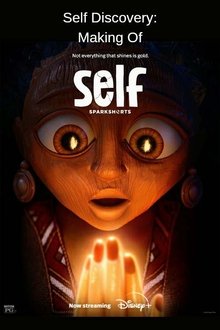Good morning, Bear River High School. This documentary is made up entirely of high school morning announcement broadcasts from the 1990s.
Related Movies

Dead People (1983)
Filmed in 1974 and edited and released in 1983 (and then rereleased by its director in 2005), DEAD PEOPLE purports to document the final years of Frank Butler, a local fixture in the depressed burg of Ellicot City with a particular fondness for drink and tales of the dead. Over hazy 16mm footage two decades later, Deutsch adopted a painfully unsentimental view of his early approach, colored as it was by notions of ethnographic film and an undercurrent of fetishism for a man he considered somehow more "alive" than himself. While it chafes against notions of authenticity in documentary and incisively hints at the complicity of the subject in inventing his own history, DEAD PEOPLE simultaneously oozes nostalgia, transcending its own judgment as a gauzy memorial for the man Deutsch once called a friend.

The Udi people (1993)
The film is dedicated to the ethnogenesis of a small people, preserving their traditions and language, the Udi people
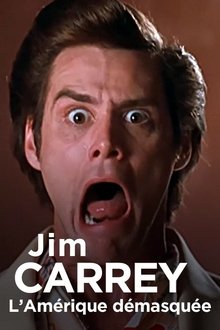
Jim Carrey: America Unmasked (2021)
Composed of numerous archives and film clips, this documentary is the story of a transgressive actor, a pirate who came to crack America's too perfect mask to reveal its most infantile and moronic face, right in the heart of the Hollywood system.
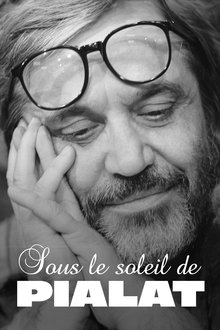
Sous le soleil de Pialat (2021)
In just ten films, Maurice Pialat painfully rose to the top of the cinema, draining into his legend a mad demand for truth as much as memorable fury to achieve it. With "L'Enfance nue", his first feature film at the age of 43, the filmmaker immediately made his mark, this "art of making things authentic", according to Chabrol. But throughout an unclassifiable filmography in the form of an autobiography, from a break-up to his fatherhood in wonder, through the agony of his mother, the filmmaker does not get rid of the feeling of being misunderstood, despite international recognition.
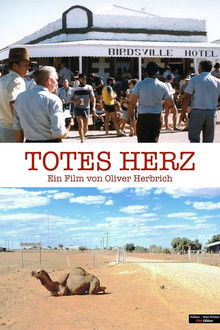
Dead Heart (1986)
The Australians call the endless deserts in the interior of the continent the "dead heart". Here lies the town of Birdsville, 23 houses and a bar with a liquor license. The long-awaited telephone connection arrived in 1979, 90 years after it had been applied for. For one weekend, this place at the end of the world turns into a cauldron when 5,000 Australians, tired of civilization, invade for the annual horse race, the "Birdsville Cup". They come in buses, off-road vehicles, motorcycles and sports planes and have become a veritable plague. Because here, everyone can do what they've always wanted to do: for example, get drunk until they drop and never get up again. The collective mass drinking reaches its peak on Saturday night. By Monday morning, the fun is over. What remains is a village with 23 houses, a bar and a street littered with 80,000 empty beer cans.
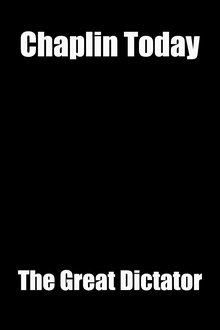
Chaplin Today: The Great Dictator (2003)
A short documentary about the making of "The Great Dictator."
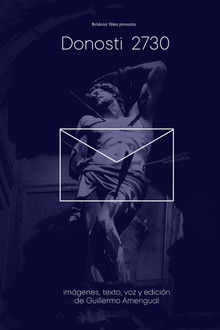
Donosti 2730 (2024)
A youngster writes a letter to his grandmother about his last trip to Donosti (Spain). This city inspires him to ponder about the language of cinema, time, cities, and sharing memories with our loved ones.
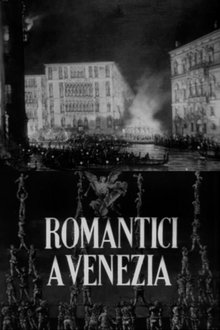
Romantici a Venezia (1948)
This is a documentary film on the romantic and decadent atmosphere of Venice at the end of the 18th century. A vigorous comment by Jean Cocteau tells us of the sick souls and the sorrows of literary characters and musicians who lived the dream of this city. It is the Venice of Lord Byron, Alfred de Musset, George Sand, d'Annunzio; a Venice made of precious images, palaces reflected in the water, mysterious moonlights, little squares where unhappy lovers wander under the music of Richard Wagner.

Altman (2014)
Robert Altman's life and career contained multitudes. This father of American independent cinema left an indelible mark, not merely on the evolution of his art form, but also on the western zeitgeist. With its use of rare interviews, representative film clips, archival images, and musings from his family and most recognizable collaborators, Altman is a dynamic and heartfelt mediation on an artist whose expression, passion and appetite knew few bounds.

Das Abendmahl (1988)
The celebration of communion in Christian ceremonies is one of the oldest elements of church tradition. The film shows how young people prepare and celebrate communion together during a leisure activity.
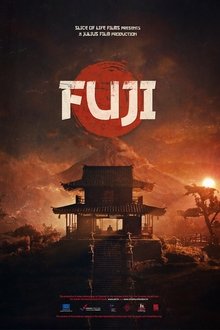
Fuji (2021)
A short documentary about the former judoka Marina and her Judo Club for People with Disabilities - "Fuji". Its brave members cope with all things Judo and real-life challenges, but always with a smile and the heart of a true judoka.

The Mine (1947)
A film dedicated to miners, showing the hardship and risk of working in a mine. Devoid of verbal commentary, it draws its impact from the form: suggestive cinematography close to the pre-war avant-garde, dynamic editing closely linked to music. Brzozowska was accused of formalism at the 1949 Congress of Filmmakers in Wisła, where socialist realism was proclaimed.
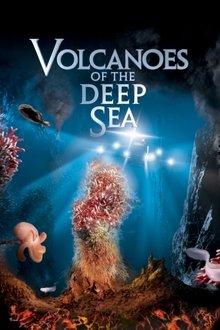
Volcanoes of the Deep Sea (2003)
12,000 feet down, life is erupting. Alvin, a deep-sea mechanized probe, makes a voyage some 12,000 feet underwater to explore the Azores, a constantly-erupting volcanic rift between Europe and North America.
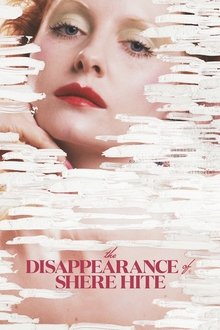
The Disappearance of Shere Hite (2023)
Shere Hite’s 1976 bestselling book, The Hite Report, liberated the female orgasm by revealing the most private experiences of thousands of anonymous survey respondents. Her findings rocked the American establishment and presaged current conversations about gender, sexuality, and bodily autonomy. So how did Shere Hite disappear?
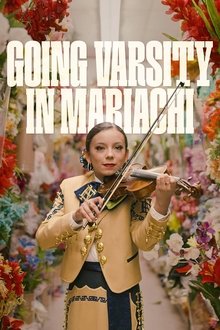
Going Varsity in Mariachi (2023)
A year in the life of an underdog competitive high school mariachi band in the Texas borderlands.
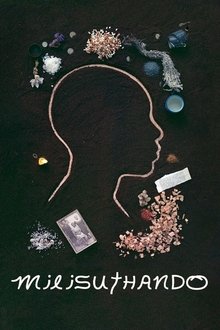
Milisuthando (2024)
Set in past, present, and future South Africa — an invitation into a poetic, memory-driven exploration of love, intimacy, race, and belonging by the filmmaker, who grew up during apartheid but didn't know it was happening until it was over.
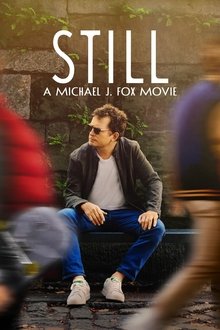
STILL: A Michael J. Fox Movie (2023)
A short kid from a Canadian army base becomes the international pop culture darling of the 1980s—only to find the course of his life altered by a stunning diagnosis. What happens when an incurable optimist confronts an incurable disease?
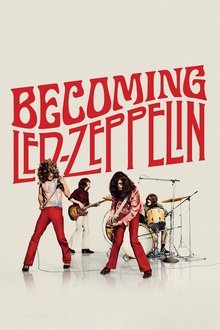
Becoming Led Zeppelin (2025)
The individual journeys of the four members of the band, as they move through the music scene of the 1960s, playing small clubs throughout Britain and performing some of the biggest hits of the era, until their meeting in the summer of 1968 for a rehearsal that changes their lives forever.
